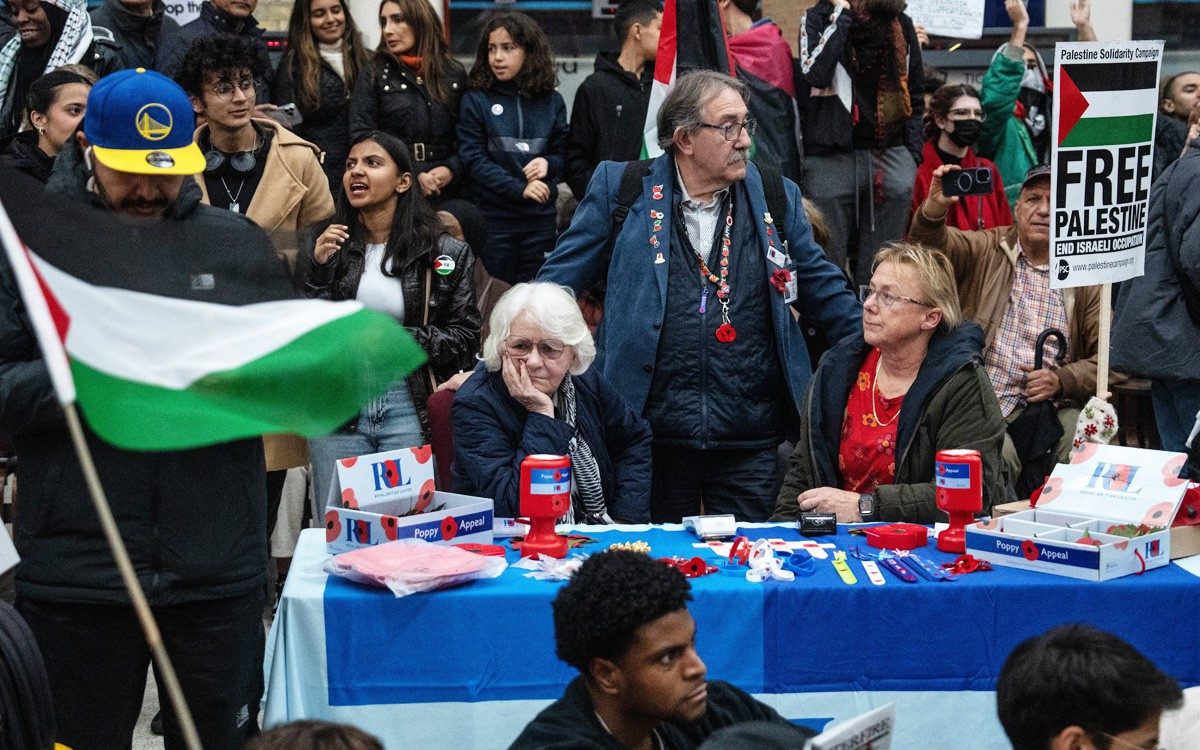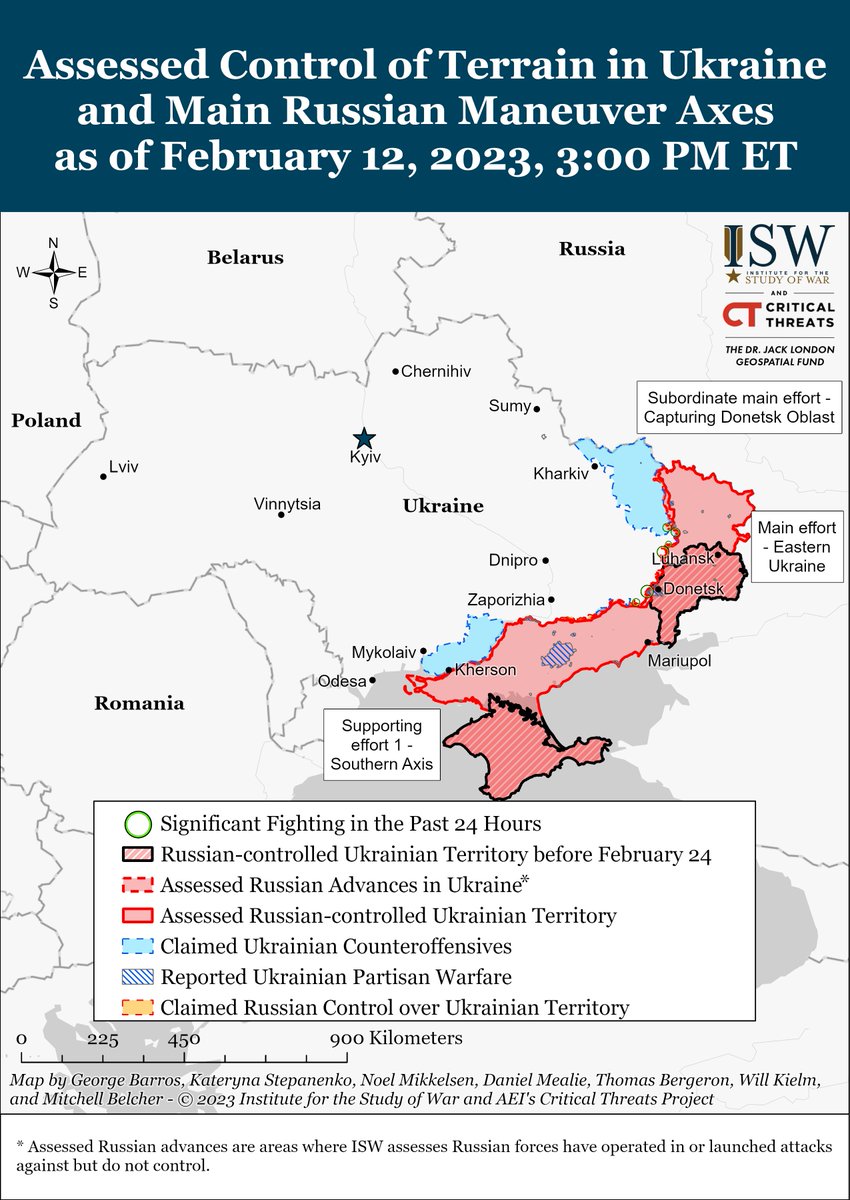
History, geopolitics, and war. | Russia, Ukraine, and the architecture of power. | Essays at GMan’s Chronicle | Christian | Irish Unionist | Ulster
How to get URL link on X (Twitter) App


 I am not really the protesting kind although I did go on anti-apartheid demonstrations as a student, even spending several hours one mitten-numbing day imprisoned in a cage on the lawn outside the chapel of King’s College, Cambridge.
I am not really the protesting kind although I did go on anti-apartheid demonstrations as a student, even spending several hours one mitten-numbing day imprisoned in a cage on the lawn outside the chapel of King’s College, Cambridge.
 First, let's give credit where credit is due: he was a great war commander during the 90's. His risky "blitzkrieg" style tactic led to some great victories in the Gulf War, and journalist Thomas E. Ricks described him as "one of the Army's leading thinkers on innovation".
First, let's give credit where credit is due: he was a great war commander during the 90's. His risky "blitzkrieg" style tactic led to some great victories in the Gulf War, and journalist Thomas E. Ricks described him as "one of the Army's leading thinkers on innovation". 

https://twitter.com/FAB87F/status/1641531426737893377
 In this second part we begin in the tense period of European rivalry prior to the First World War.
In this second part we begin in the tense period of European rivalry prior to the First World War.



 His political career started at the Irish 2011 general election, and he was elected as an MEP in the 2019 European Parliament election. Wallace falls to the general category of "anti-imperialists", basically meaning anti-US and NATO.
His political career started at the Irish 2011 general election, and he was elected as an MEP in the 2019 European Parliament election. Wallace falls to the general category of "anti-imperialists", basically meaning anti-US and NATO.



 Ingredients
Ingredients


